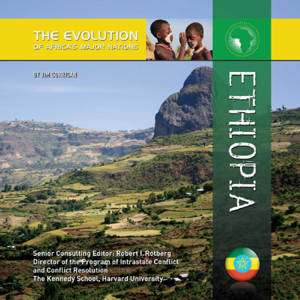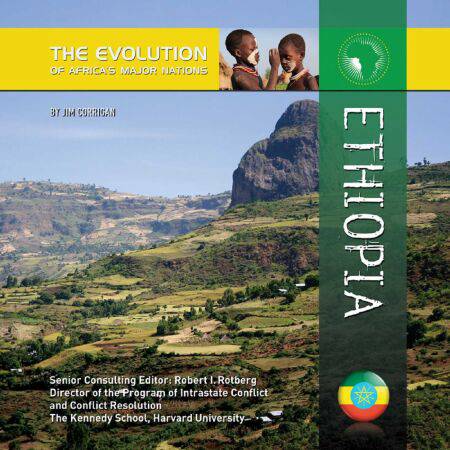
- Afhalen na 1 uur in een winkel met voorraad
- Gratis thuislevering in België vanaf € 30
- Ruim aanbod met 7 miljoen producten
- Afhalen na 1 uur in een winkel met voorraad
- Gratis thuislevering in België vanaf € 30
- Ruim aanbod met 7 miljoen producten
Zoeken
€ 11,17
+ 11 punten
Omschrijving
Ethiopia, unlike most African countries, remained mostly free from European colonial influence. This landlocked country in East Africa had been the site of a powerful ancient kingdom, which was overthrown by a military coup in 1974. A socialist government was established, under which millions of Ethiopians starved during the famines of the 1970s and 1980s. Rebel groups initiated a civil war and overthrew the government in 1991. Although Ethiopia adopted a new constitution in 1994 and held democratic elections the next year, the country is not truly a democracy. Instead, Ethiopia's government has been recognized as an authoritarian regime that uses force to stifle dissent. Ethiopia's economy grew rapidly in the late 2000s, but the country's people are among the poorest in Africa. In addition, a terrible drought in 2011 has caused a food crisis that threatens the lives of many people.
Specificaties
Betrokkenen
- Auteur(s):
- Uitgeverij:
Inhoud
- Aantal bladzijden:
- 80
- Taal:
- Engels
- Reeks:
Eigenschappen
- Productcode (EAN):
- 9781422294208
- Verschijningsdatum:
- 1/09/2014
- Uitvoering:
- E-book
- Beveiligd met:
- Adobe DRM
- Formaat:
- ePub

Alleen bij Standaard Boekhandel
+ 11 punten op je klantenkaart van Standaard Boekhandel
Beoordelingen
We publiceren alleen reviews die voldoen aan de voorwaarden voor reviews. Bekijk onze voorwaarden voor reviews.











